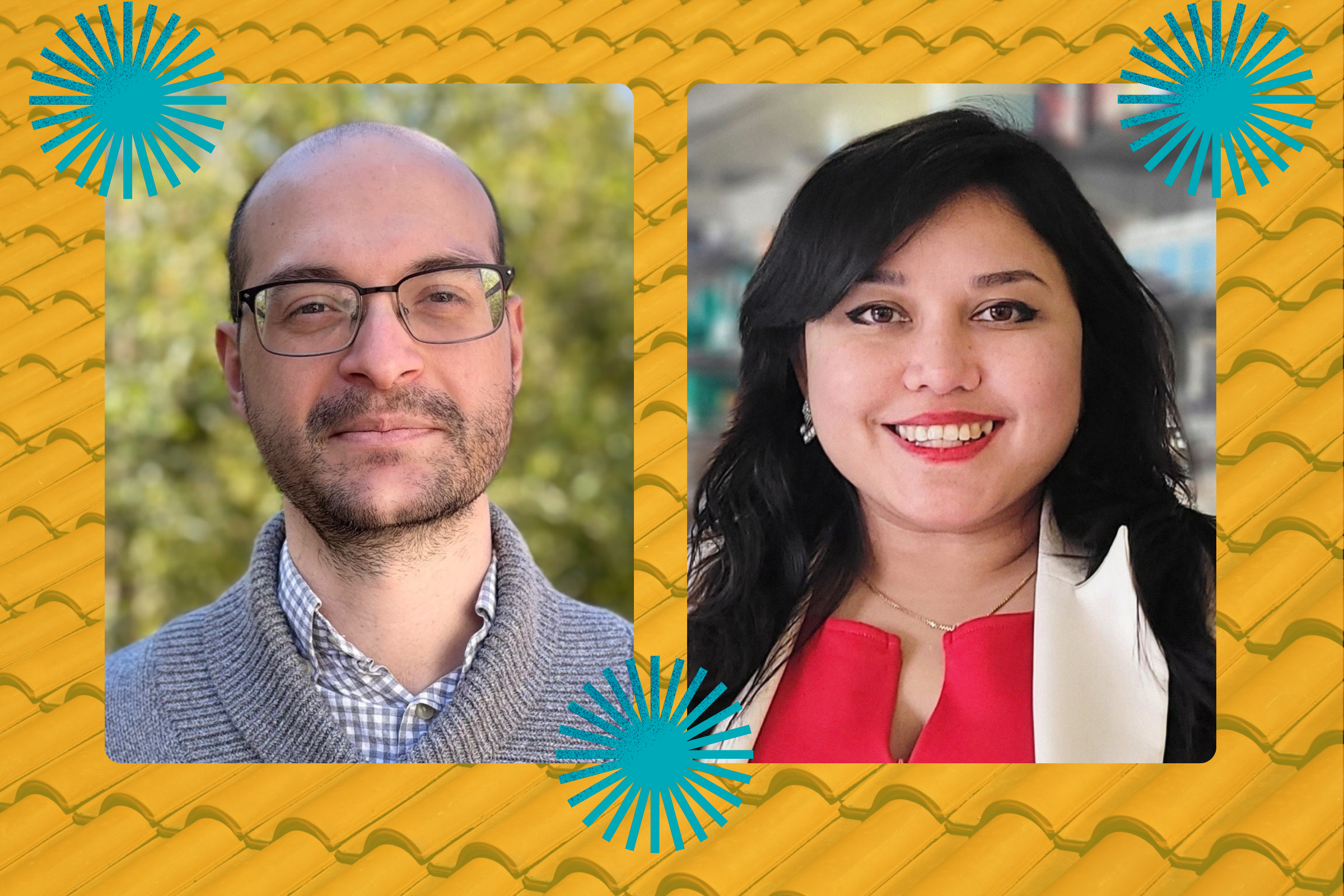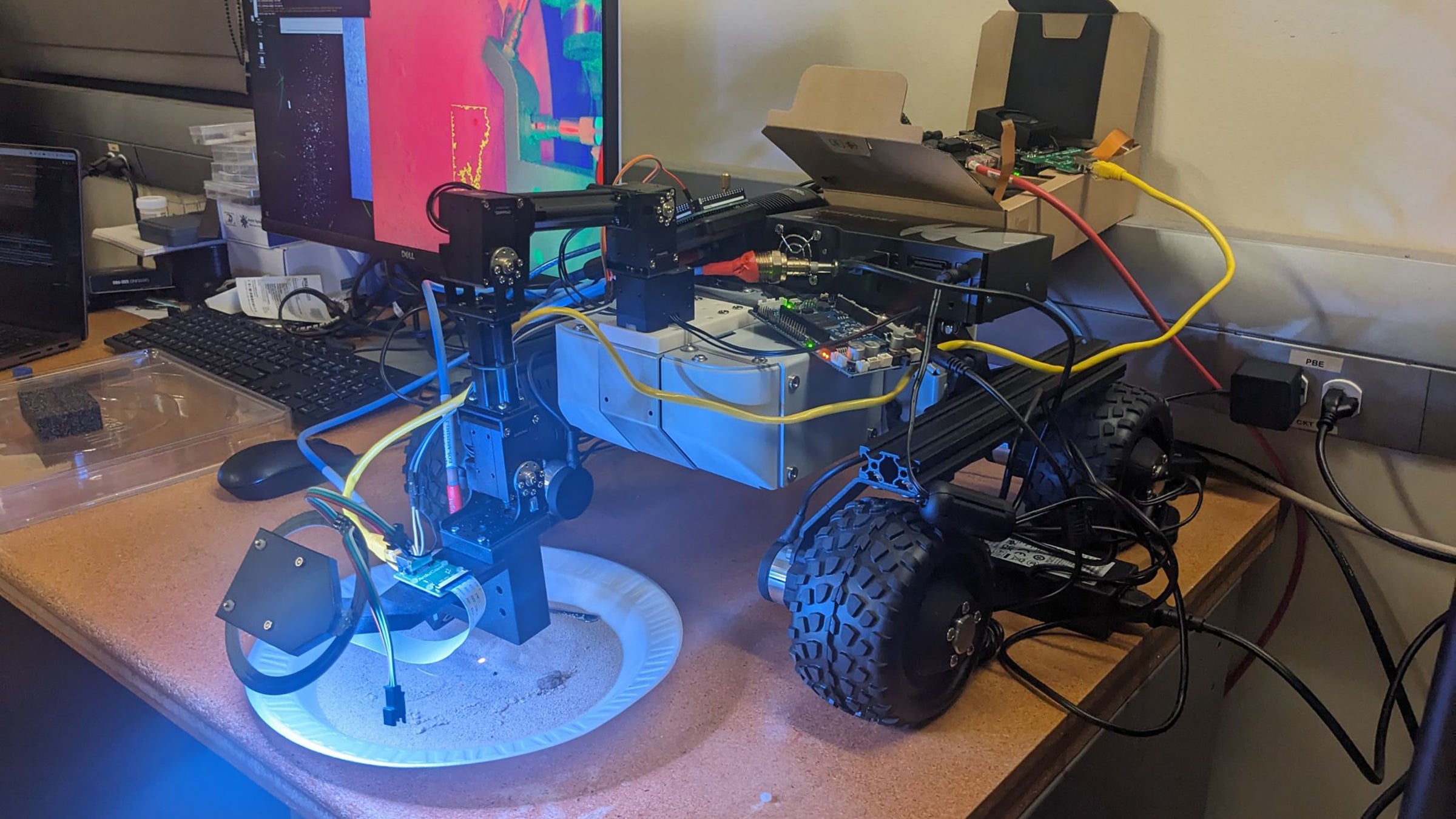Zak Page Named a 2022 Cottrell Scholar
For Zachariah Page's research in materials chemistry, he has been selected as a 2022 Cottrell Scholar.

Zachariah Page, assistant professor of chemistry at The University of Texas at Austin, has been selected as a 2022 Cottrell Scholar by the Research Corporation for Science Advancement.
RCSA is a foundation that provides funding for scientific research in the physical sciences (astronomy, chemistry, physics and related fields) and the development of academic scientists.
Cottrell Scholar Awards are granted annually to 24 recipients in the amount of $100,000 for three-year projects, and may be used to support both the educational and research projects of the scholar.
Page, who joined the faculty in 2018, conducts research in materials chemistry, bringing new capabilities to interdisciplinary study at the intersection of 3D printing, tissue engineering, organic electronics and impact damping.
"Using the tools of molecular engineering, organic (polymer) synthesis and materials characterization, the group is actively working to control efficient visible and near-infrared chemical reactivity, bioinspired hydrogels, stretchable semiconductors and tough elastomers," according to Page's lab website.
The group is particularly interested in light as a stimulus to control when and where reactions occur, and has published research about 3D printing that involved using invisible (at least to the human eye) digital light.
Cottrell Scholars are chosen based on a number of eligibility requirements, including a proposal that contains a research plan, an educational plan and a personal statement about the applicant and how they plan to become an "outstanding teacher-scholar."
Page joins other UT Austin faculty members named Cottrell Scholars in earlier years. They include fellow chemists Carlos Baiz (2020), Sean Roberts (2018), Michael Rose (2017), Michael Krische (2002) and David Vanden Bout (2000); astronomers Caitlin Casey (2019) and Stella Offner (2018); and molecular bioscientist Andrew Ellington (1995).



